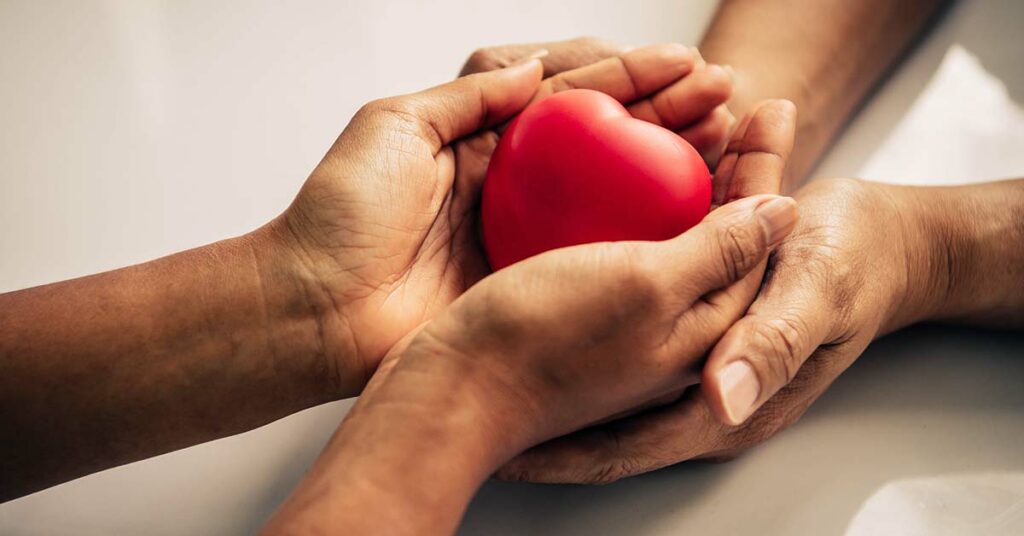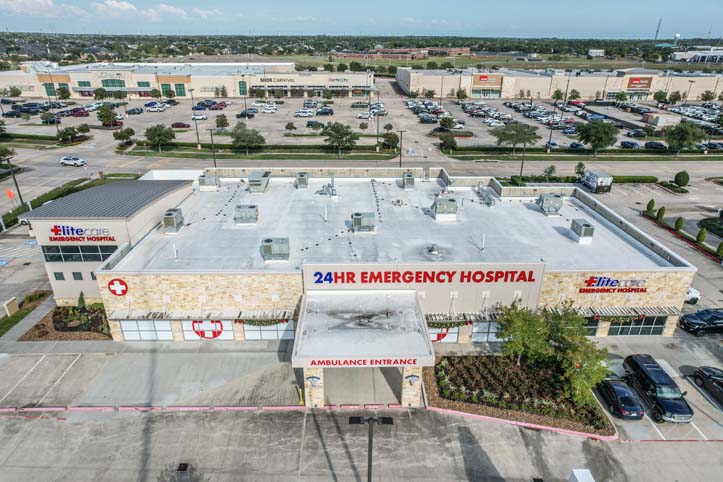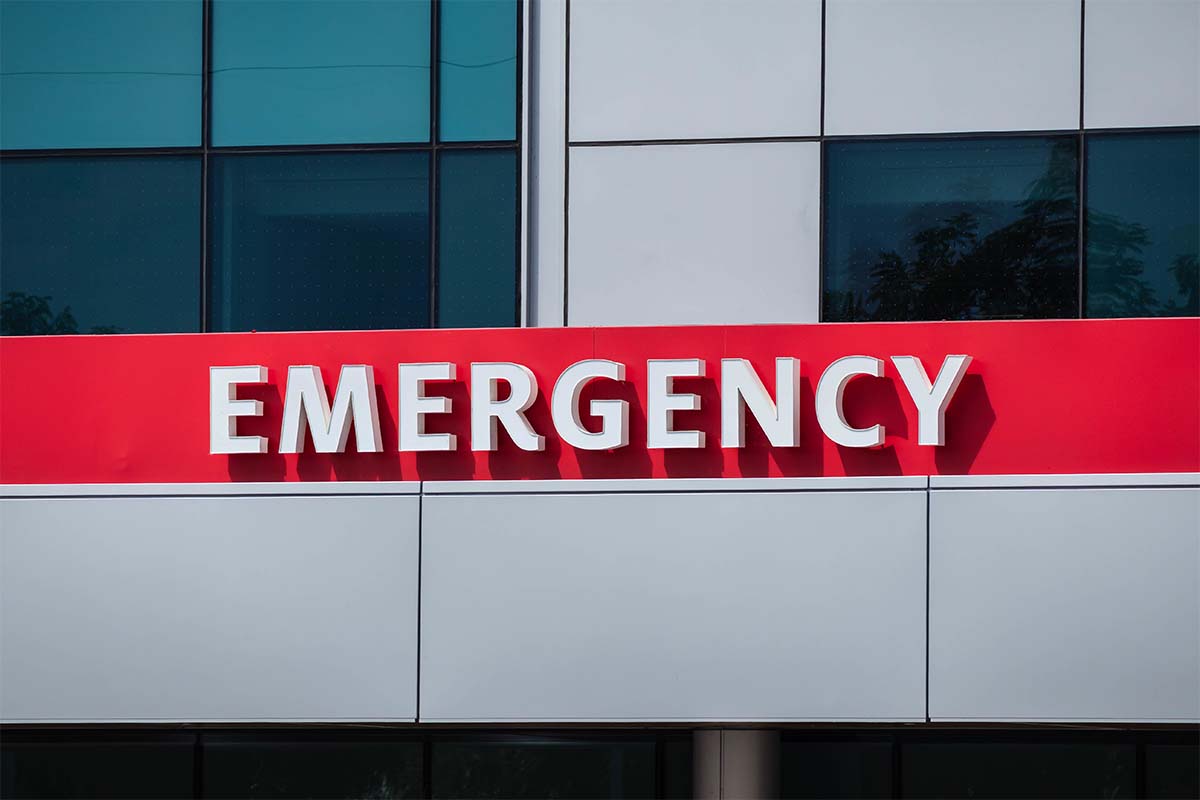
Valentine’s Day is a special commemoration of our love for others. We celebrate it in many ways with gifts and date nights. No one is thinking about a visit to the ER on Valentine’s Day, what could possibly happen?
Many of us go all out and buy expensive gifts, book exotic holidays or cook a romantic candlelit dinner at home. Our focus is on making the evening memorable, so it can be easy to forget to take basic safety measures.
Buying candy, flowers and kissing can come with hidden health hazards to pets, children and people with allergies. Here are a few common emergencies that can happen spoiling that perfect evening!
Chocolate Candy Hearts
Chocolate is the center of the Valentine’s Day holiday. It’s always a big hit with Moms, girlfriends, and our little sweethearts, so why not turn the entire day into a chocolate lover’s dream!
Chocolate allergies, diabetes and nut sensitivities all must be taken into consideration when giving and receiving Valentine’s Day sweets. Sadly, over 30,000 people end up in the emergency room each year because of food allergies and the number is growing, especially among children. Researchers estimate that up to 15 million Americans have food allergies (Gluck 2019). Before giving a food gift, especially to a non-family member, make sure they don’t have any known food allergies. We know, how romantic! “Hey, I want to buy you chocolate with nuts for Valentine’s Day, do you have any food allergies?” isn’t a question we’ll be prone to ask, but it can save someone a trip to the ER.
A Kiss is Not Just a Kiss
There’s lots of kissing happening on Valentine’s Day. The end of the date is approaching, and you lean in to give a kiss. There are two ways this could go, good or bad. Kissing is a big way to show affection. The tricky thing is the day falls during the peak season for diseases like seasonal and H1N1 flu, mono and colds.
Mono, or infectious mononucleosis, refers to a group of symptoms usually caused by the Epstein-Barr virus (EBV). It typically occurs in teenagers, but you can get it at any age. The virus is spread through saliva, which is why some people refer to it as “the kissing disease” (Goldman 2019).
Unfortunately, it might be difficult to ascertain whether your sweetheart is sick with the flu. People with infectious diseases start shedding the virus before they experience the full effect of the illness. So, it is advisable to take the flu shot and stay protected.
You also need to be careful before kissing someone with food allergies. Some individuals are so sensitive to certain foods that even a minute amount of a food can cause an allergic reaction.
Lighting Candles to Celebrate
Having a romantic dinner usually means there will be candles involved. Though candles might make things seem more romantic, they can also cause tragedy if they aren’t used correctly. Don’t get disappointed, there are ways you can create the same ambiance without having to worry about anything. How about using battery-operated flameless candles, which almost look, smell, and feel like real candles?
If you still choose to go with real candles, make sure you keep these things in mind:
- Blow out candles before leaving the room or going to bed
- Avoid the use of candles in the bedroom
- Use candle holders that are sturdy and won’t tip over easily
- Keep candles at least 12 inches away from anything flammable
Don’t Drink and Drive
Before you take your date out for a night on the town, take a minute to consider how you are going to get home if you decide to drink.
Nationally, over the past 5 years, alcohol-impaired fatalities make up more than a quarter of all car crashes. Nobody wants to be a statistic, especially on Valentine’s Day (DOT 2017).
So before drinking, designate a non-drinking driver or pre-arrange an Uber or Lyft ride. Don’t let anyone who is in your party drive impaired. And while ride-sharing may become debatable, taking cabs is still an option by using National Highway Traffic Safety Administration SaferRide app. The app is available for Android devices on Google Play, and Apple devices on the iTunes store (Downey 2015).
Drive safe, pay attention and keep the people you love out of danger.
February is also American Heart Month!
Did you know that nearly 1 in 3 adults in the United States have high blood cholesterol, a major risk factor for heart disease and stroke? High blood cholesterol can be hard to detect, as it often shows no signs or symptoms (CDC 2020).
The month, February also marks American Heart Month and here are some easy steps to take during the month to give your heart the ultimate Valentine’s gift:
- Encourage your loved one to have a thorough checkup focusing on heart-healthy goals.
- Quit smoking and cut your chances of heart disease and stroke significantly. In doing so, you’ll also protect loved ones from the dangers of second-hand smoke.
- Your heart is a muscle and needs to be challenged to keep it strong. Include exercise and healthy eating to keep you healthy until next Valentine’s Day!
Have a ‘heart-to-heart’ with your loved ones this Valentine’s Day at the dinner table, in the car or even over the phone by sharing these tips alongside gifting fresh flowers or a box of chocolates.
Wishing you a healthy & safe Valentine’s Day!
Works Cited
“When Valentine’s Day Is a Health Hazard.” Rosenberg & Gluck LLP, 2 Dec. 2019, www.lilawyer.com/blog/valentines-day-health-hazard/.
Goldman, Lauren, and Jacquelyn Cafasso. “Mono: Causes, Symptoms and Diagnosis.” Healthline.com, 30 Sept. 2019, www.healthline.com/health/mononucleosis.
“Holiday Drunk Driving Facts.” US Department of Transportation, United States Department of Transportation, 12 Dec. 2017, www.transportation.gov/www.transportation.gov/TransportationTuesday/holiday-drunk-driving-facts.
Downey, Kevin. “SaferRide App Could Save Your Life.” Digital.gov, 22 Jan. 2015, www.digital.gov/2015/01/22/saferride-app-could-save-your-life.
“American Heart Month Partner Toolkit.” Centers for Disease Control and Prevention, Centers for Disease Control and Prevention, 21 Jan. 2020, www.cdc.gov/heartdisease/american_heart_month.htm.
















